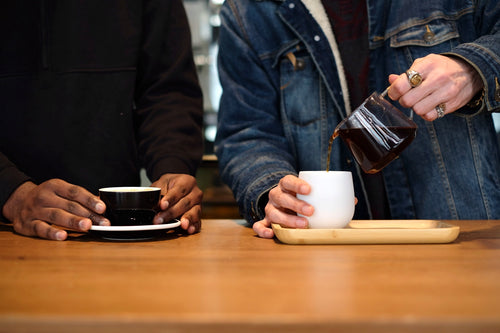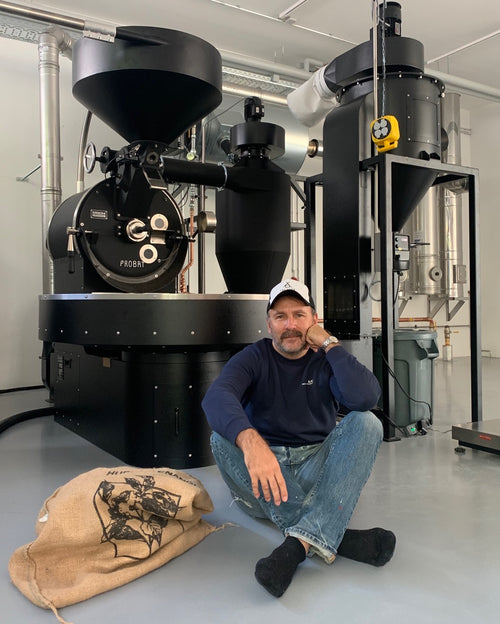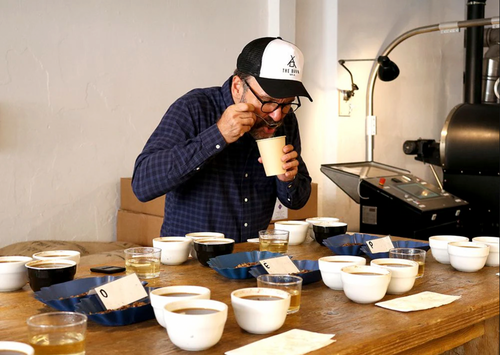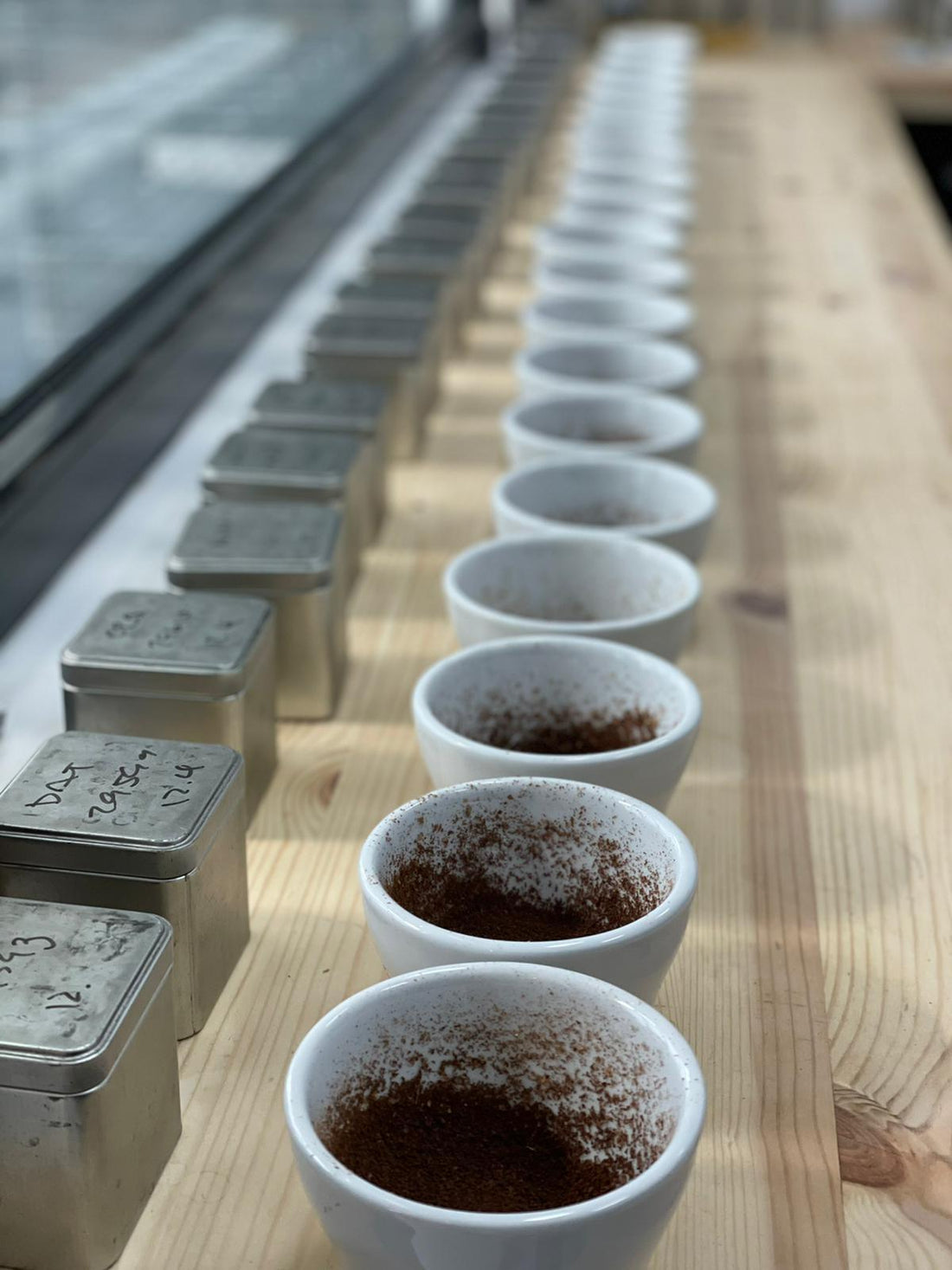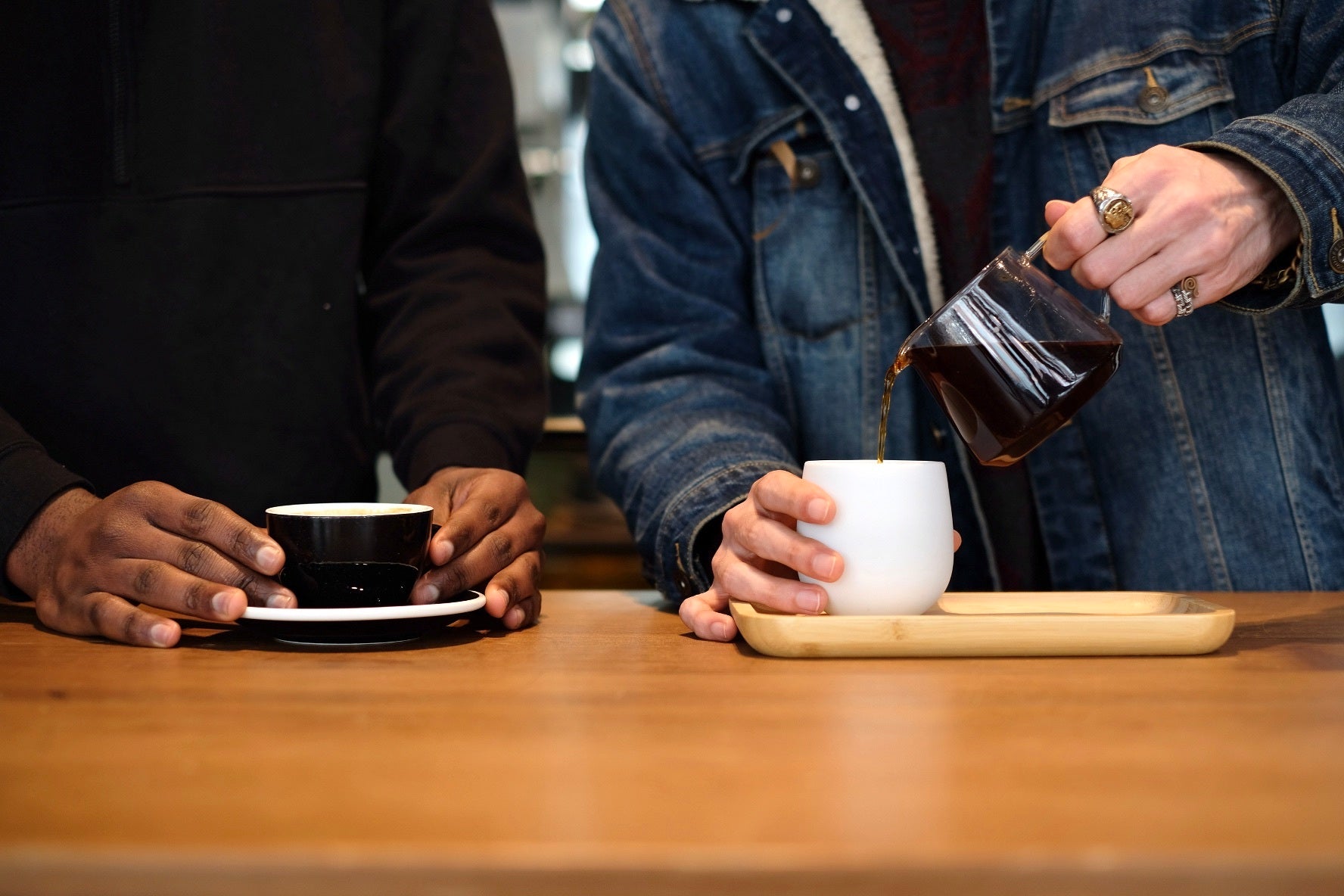Sam Sgambellone is a leading barista and coffee expert from Australia. He is the founder of Coffee Kaizen and long-term Director at Mecca Coffee. We talked to him about his career and the specialty coffee world. Enjoy the reading with a cup of your favourite coffee.


How did you get to the specialty coffee world?
Sam Sgambellone is a leading barista and coffee expert from Australia. He is the founder of Coffee Kaizen and long-term Director at Mecca Coffee. We talked to him about his career and the specialty coffee world. Enjoy the reading with a cup of your favourite coffee: I first entered the world of specialty coffee in about 2004, I began working in a cafe where the head barista was preparing for a Barista Competition. I had no idea this world existed, I was eager to find out what about coffee could inspire someone like him to work a 9-hour shift behind the machine then stay back and practice another 3 or 4 hours for his competition.You are an SCAA Certified Instructor and won twice the NSW Cup Tasting Championship. Could you tell us about your journey? What special features one has to master in order to be in this position? What does it bring to you and to the workshops you teach?
From this first encounter I learned as much as I could from the best people in Australia at the time, I was lucky that there Australia was quite early to the scene and there were many great people to learn from. I opened my first cafe using specialty coffee in 2005, then in 2007 became a partner in Mecca Coffee when it went from one to two stores. I also was responsible for opening the 3rd store and involved in the transition into also becoming a roasting operation. In around 2012 I became involved in training and also promotion of the local coffee industry. I took the lead of the local barista guild and began organising the coffee competitions as well as hosting education sessions helping to prepare baristas to compete. It became clear that there was a lack of education possibilities beyond basic barista skills so I began offering classes and workshops that I had developed for our staff to the public as well as hosting guest educators such as Scott Rao, Tim Wendelboe, and Matt Perger. In my time in coffee, I have had exposure to all aspects of the coffee supply chain but I think what makes my position somewhat unique is that I have always remained in close contact with coffee preparation and service and especially in training of staff. This means I can train from my experience from the most basic skill to the advanced. Also having experience across the supply chain I can offer insights into how these all interact to produce quality in the cup.


What has changed in the last years in the coffee industry and consumption? Where there is still room for improvement?
I think obviously the market for quality coffee has grown but at the same time, there has been significant growth on the supply side also. You can see that things like single origin coffees, filter coffee, and cold brew have hit the mainstream and you can now even find in a supermarket, but for a long time, we had to go to great effort to explain to every customer what it was and encourage them to try it. I think these types of novel products in our industry are becoming less and less now it is a challenge to differentiate ourselves. I think also as an industry we have improved the number of bad cups that we serve but we can still do better in increasing the number of exceptional coffees that we serve.How can sustainable coffee growing practices be tasted in the cup? What are the challenges concerning sustainability that we still have to face?
I am not sure about sustainable coffee being tasted in the cup, in the short term it doesn't really translate that way. Sustainable practices are more so to ensure we are able to have tasty coffees being served well into the future. Unfortunately, at the beginning of our industry, we began to seek to serve quality without creating a market that was willing to pay a significant enough difference in the cup. This meant the burden of increased costs with pursuing quality has been captured somewhere else besides the consumer, the farmer, the roaster or even the cafe owner has absorbed some or all of this cost for the love of coffee. Competition has ensured that a cap is being placed on the price of a cup of coffee or bag or roasted beans which is contributing even further to the problem. Until we can increase the price to consumers we can work hard to try and make sure the most vulnerable in the supply chain as best we can but as the years pass it will not only be the farmers that are vulnerable but also the roasters and the cafes. One way we can obviously get the same result is to find a way to lower the cost of production whilst maintaining quality, this is an opportunity where technology might come in. It is one of the biggest challenges that will face our industry, it will be important that we are having meaningful conversations about this.







